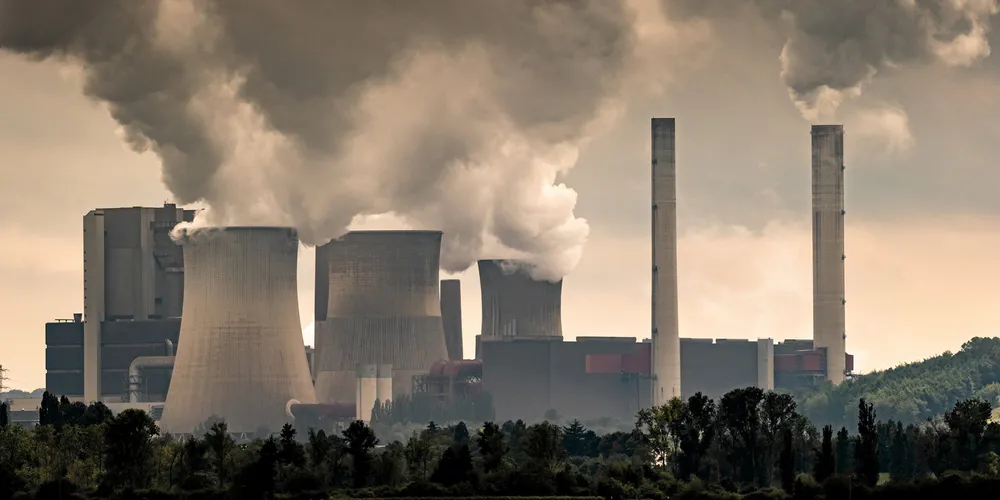'End of new coal in sight' claimed as nations sign COP26 pledge to shift to renewables
Major coal economies such as Vietnam and Poland commit to exit polluting fuel source, but questions raised over big-name absentees and timings

Major coal economies such as Vietnam and Poland commit to exit polluting fuel source, but questions raised over big-name absentees and timings
